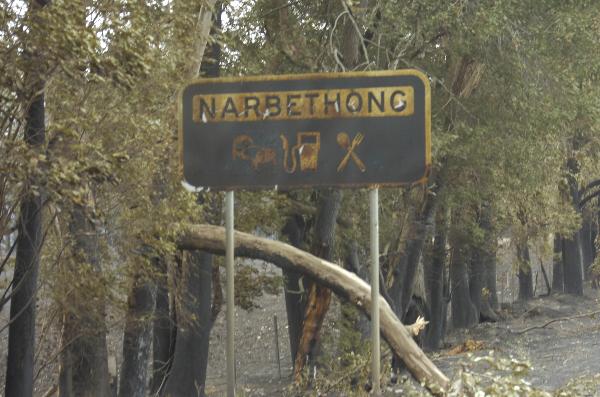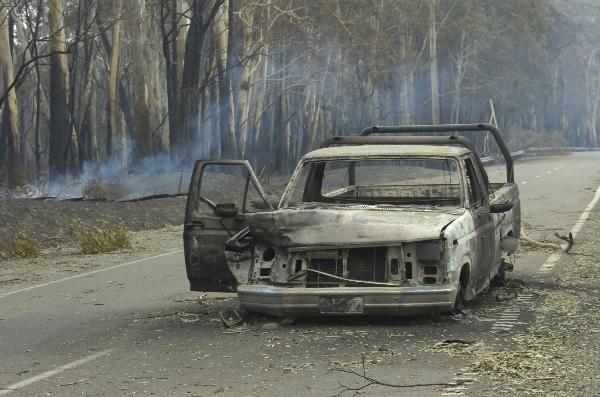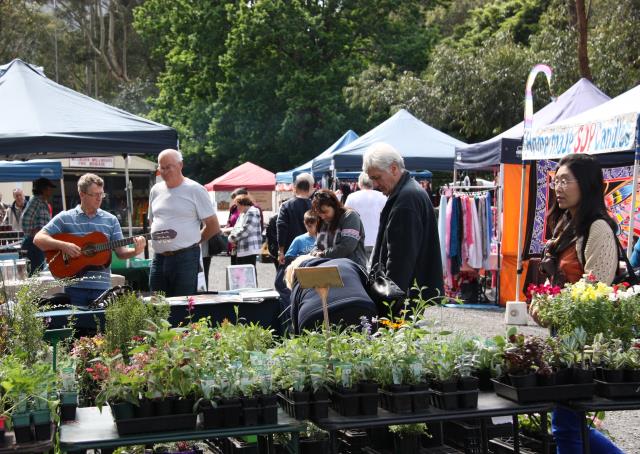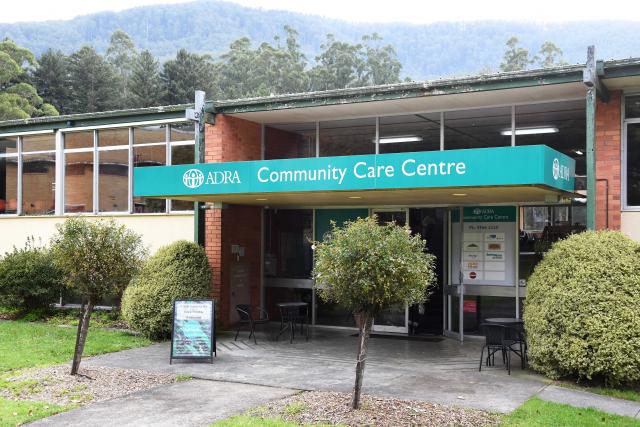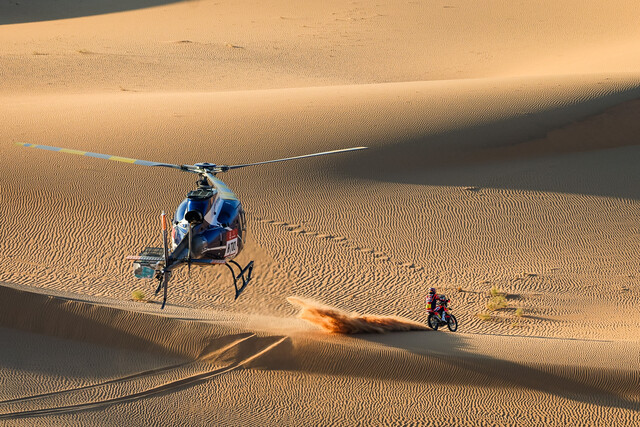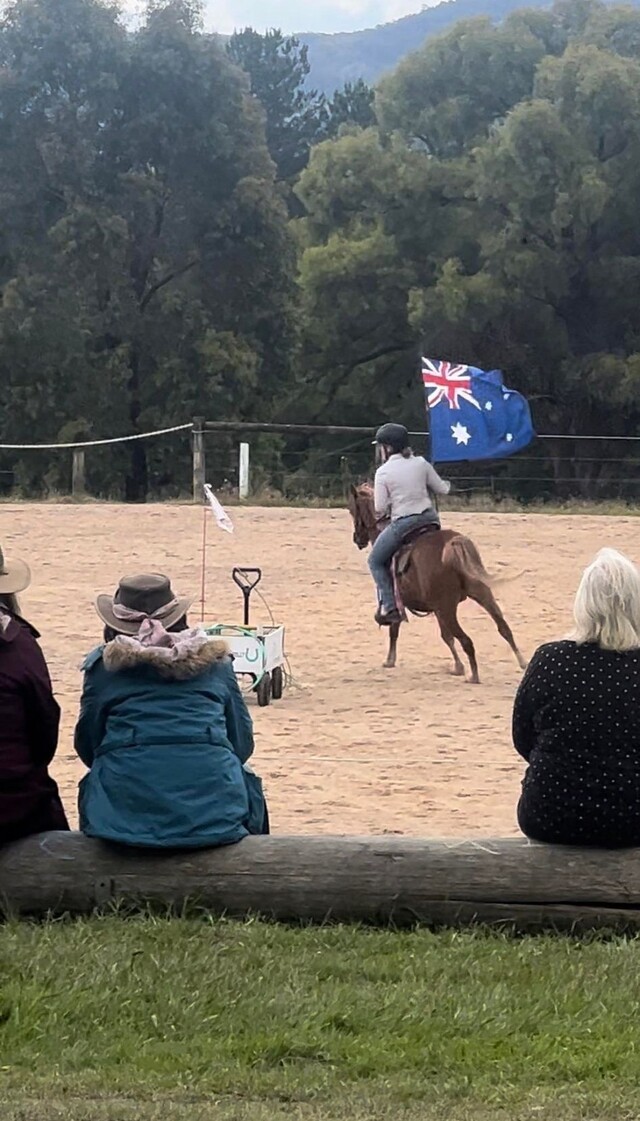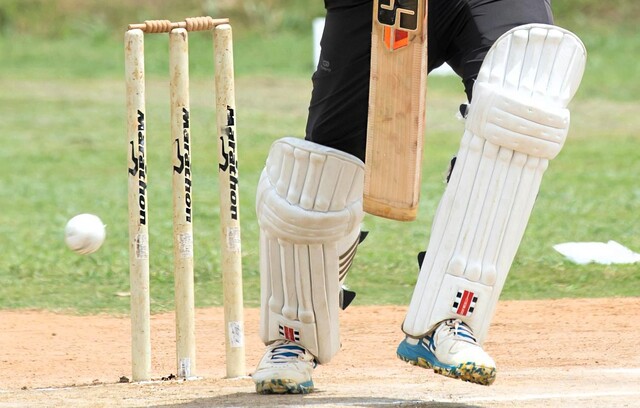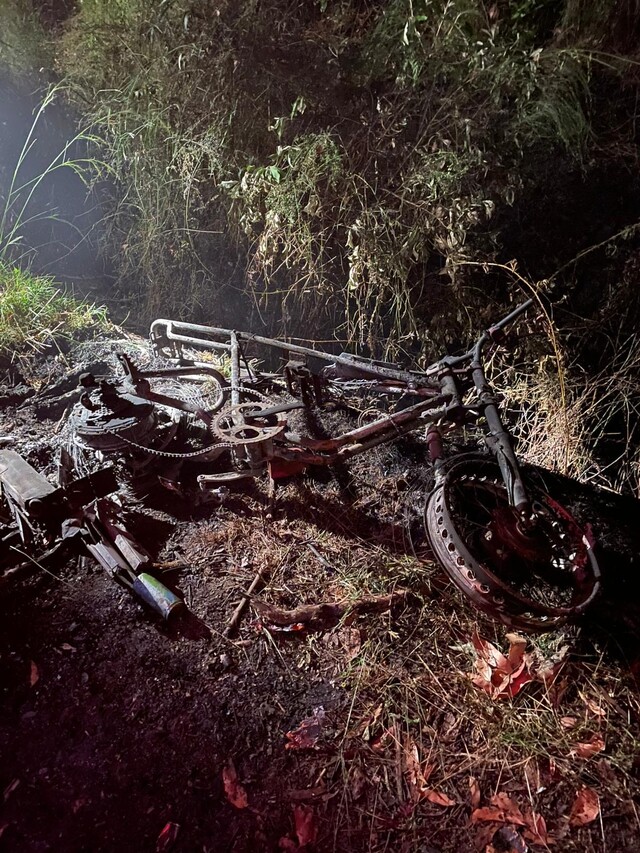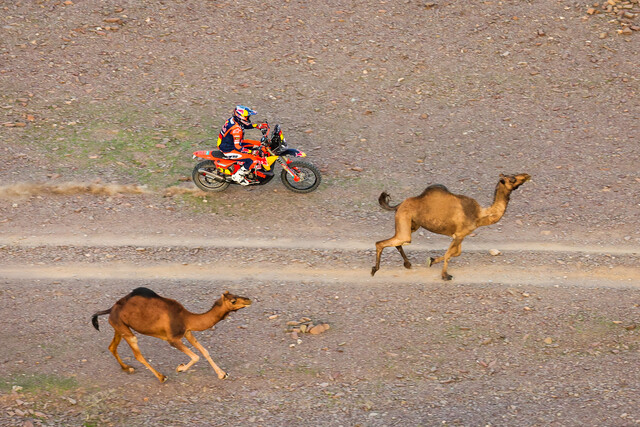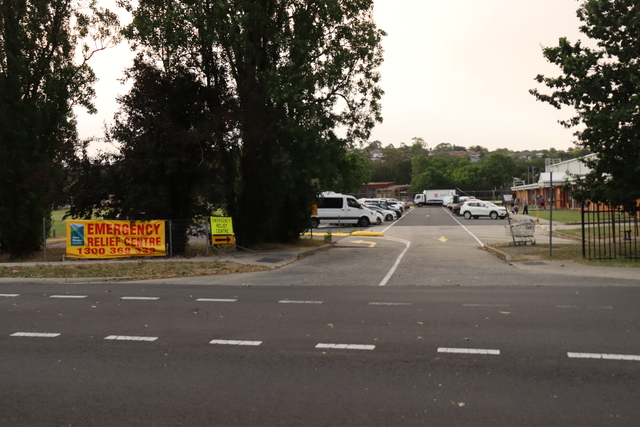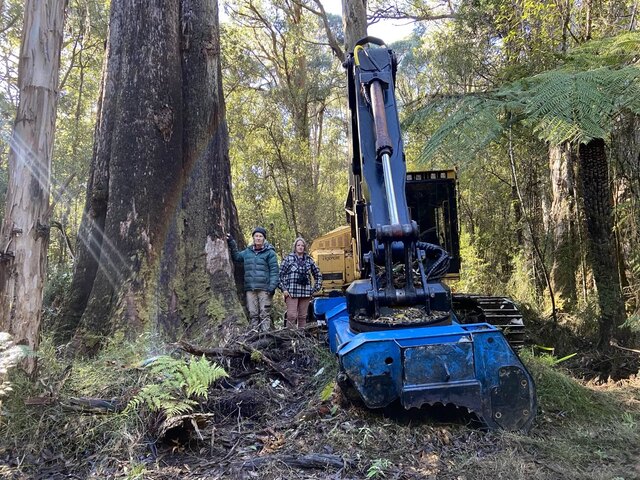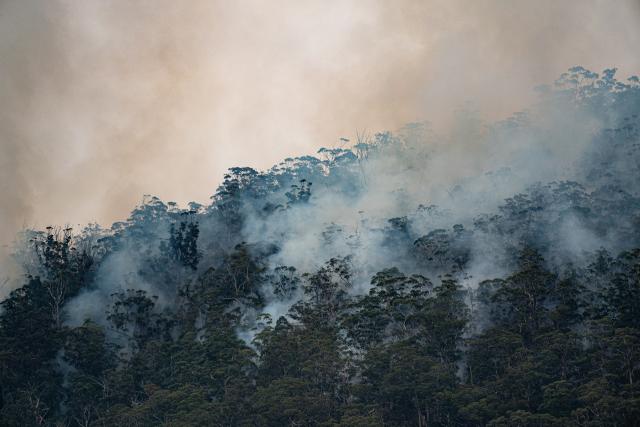By FORMER MAIL CHIEF OF STAFF NARELLE COULTER
SATURDAY 7 February, 2009 had a terrible foreboding about it even before the temperature started to climb well beyond 40 degrees and the hot wind picked up baking Victoria.
At the time I was chief of staff at the Mail Newspaper Group, which publishes the Mountain Views Mail and Upper Yarra Mail, back at my post just three weeks after a year’s maternity leave.
I didn’t witness the fires as I live well outside the Yarra Ranges, but what I did see and remember so clearly was the feeling of foreboding that day and then the terrible aftermath: the scorched landscape, the haunting smell of smoke, the weary faces of shell-shocked survivors, the climbing tally of those who died and then the remarkable community response as people rallied around the bereaved, the dispossessed, the injured, and supported the volunteers still fighting the flames.
On Sunday morning I left my baby daughter with my husband and went to straight to head office in Pakenham. A total of 14 people had been confirmed dead when I went to bed the night before. By morning it was clear the situation was much, much worse.
I’d already rung the editor – “You’d better turn on the ABC,” I’d told him. “Marysville looks like a war zone”.
Our young journalists (senior reporter Kath Gannaway had left for a holiday in Queensland Saturday morning) were already on their way to the fire zone and for the first time in its history the company hired a plane to pursue a story.
It was the most memorable flight of my life.
At the time I wrote that the scene from the air was like a vision of hell.
Kilometres of scorched earth, trees that looked like spindly black needles rising from blackened hills, flames still burning in tree logs near Kinglake, burnt abandoned cars and, most of all, the thick, grey smoke that massed over the entire region, throwing a blanket of eerie invisibility over the mountain range. We tried to get to Marysville but the pilot turned back, defeated by the unrelenting smoke.
If it looked this bad from the air I thought to myself, I can only imagine what those on the ground were seeing, hearing and feeling.
At this critical time in the history of the Yarra Ranges the Mail needed to stand with its traumatised community, and I believe this is what we endeavoured to do over the coming days and weeks.
Journalists Kath Gannaway ( who cut short her holiday as soon as the magnitude of the disaster became apparent), Melissa Meehan, Monique Ebrington and I heard stories and saw things that will stay with us forever.
It was a particularly difficult time for the reporters who lived locally.
Not only had they lost friends and contacts, but they worked under extraordinary pressure as Healesville came under threat time and time again from fires that could not be contained. The Mail office was evacuated several times.
At the same time we all felt it a privilege that people wanted to share their experiences and that the Mail was able to gather and publish their stories and images in the special editions that followed that awful day.
Those papers contained images and words of great loss and tragedy, but also small human moments like CFA volunteers fresh from the fire front stopping to buy roses for their Valentines in Healesville, vets at Healesville sanctuary going to extraordinary lengths to save injured wildlife and pictures and messages of support for the CFA from local schoolchildren.
There were so many stories, so many angles, covering the aftermath of Black Saturday adequately seemed at times overwhelming and impossible.
Stories about the fires dominated the Mail for the next 12 months as we followed the beginning of the long painful recovery and, later, the Bushfires Royal Commission.
In many ways the story will never end and nor should it, that much is owed to the 173 who died on that day and the many more whose lives changed forever.
For those of us who were on the ground reporting, it may well be the defining story of our careers.

